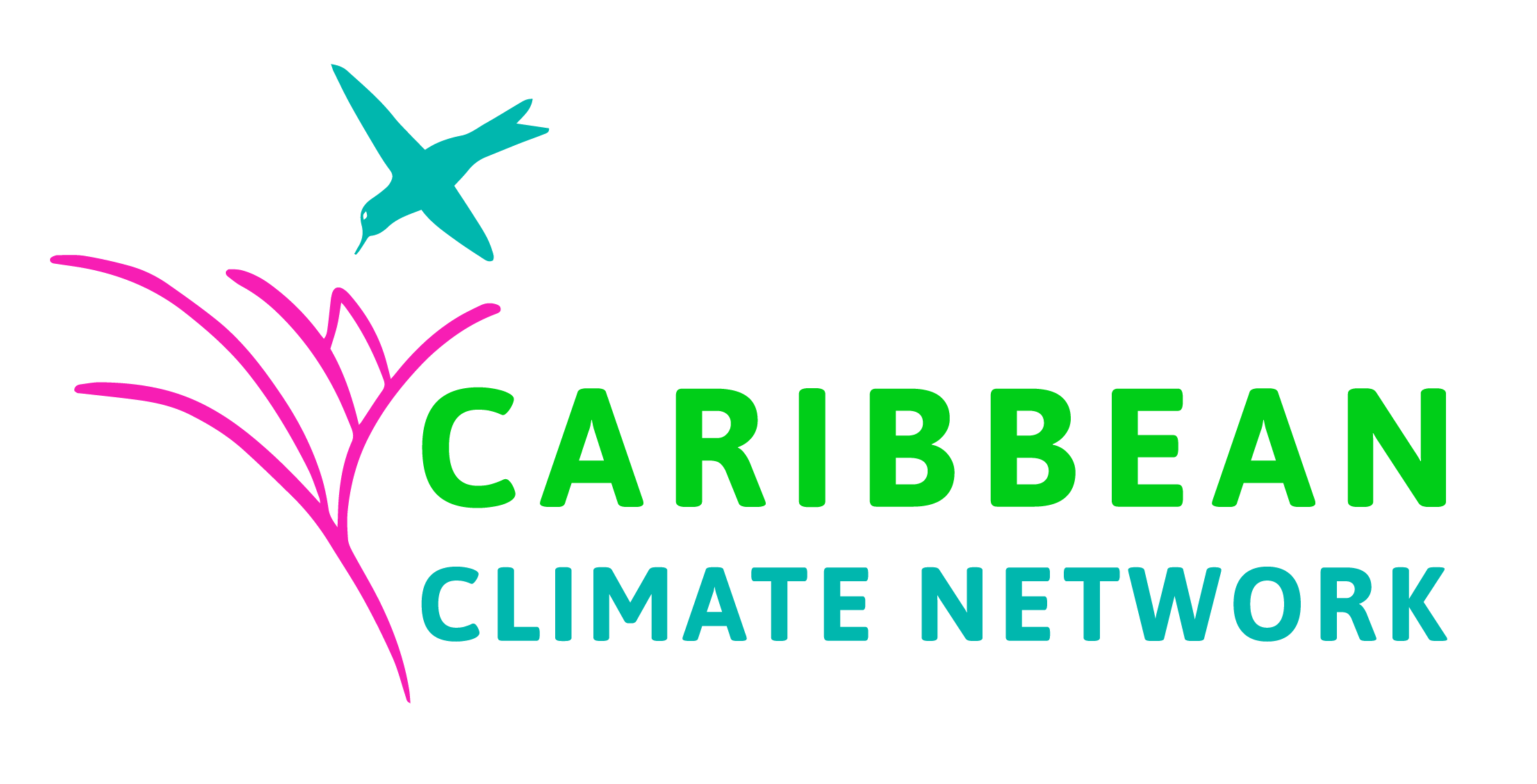At its meeting on March 29, 2023, the United Nations General Assembly (UNGA) adopted a resolution entitled: Request for an advisory opinion of the International Court of Justice on the obligations of States in respect of climate change (A/77/L.58). Almost all of the members of the Alliance of Small Island States (AOSIS) co-sponsored it with a good showing from the Caribbean Region.
While this is a positive development in the international community’s approach to the environment in general and climate change in particular, it would be necessary to examine the practical and legal import of the Request to the International Court of Justice (ICJ). The Court is “the principal judicial organ of the United Nations”, and according to Article 65 of its Statute, it “may give an advisory opinion on any legal question….”(Article 65 (1)). Particular attention must be paid to the use of the word “may” but there have been few occasions in which the ICJ has refused to exercise its jurisdiction.
It is equally necessary to note that an advisory opinion of the Court is just that “an opinion” and not a decision but its pronouncements could clarify questions of law, provide guidance and could influence legal, political, and socio-economic thinking on issues. It should also be asked whether a review by the Court could add to or adversely affect the work already being undertaken through other mechanisms, such as the UNFCCC and the Paris Agreement. Would the interpretations have an impact on certain states and so have them rethink their domestic policies through enhanced programmes on adaptation, allocation of additional resources to mitigate climate change, and even go so far as to deepen interest in the development of stronger climate action under the UNFCCC?
The Advisory Opinion could receive some measure of traction through the recent recommendation of the Human Rights Council of the United Nations, based in Switzerland which, inter alia, recognises and encourages UN agencies, treaty bodies, academia, and civil society organisations “to promote the implementation of the human right to a clean, healthy and sustainable environment.” States are also being called upon “to explore ways to incorporate information on human rights and the environment, including climate change, biodiversity, pollution, ocean degradation and ecosystem services.”
There is further news (sourced from the BBC on March 30th 2023) that a group of women from Switzerland “with an average age of 73” have decided to bring their Government before the European Court of Human Rights (ECHR), arguing that climate change has been affecting their human rights, their health, and overall well-being. The women believe that the Swiss Government does not have “a decent climate policy” and this neatly ties in with the request by the UNGA for the ICJ to examine the obligations of States in respect to climate change.
In addition to the above-mentioned submissions, on 9th January 2023, Chile and Colombia requested an advisory opinion from the Inter-American Court of Human Rights, based in Costa Rica. The purpose is to ascertain what are the obligations of their Governments for responding to climate change under Human Rights Law.
What we should note as well is that the decision to seek an advisory opinion from the ICJ was preceded on December 12, 2022 by a submission from a coalition of Pacific Island States (Commission on Small Island States) to the International Tribunal for the Law of the Sea (ITLOS) based in Germany. They are seeking an advisory opinion on the obligations of their Governments that are Party to the United Nations Convention on the Law of the Sea (UNCLOS) “to prevent and mitigate pollution of the marine environment and the deleterious effects from climate change, for example, sea-level rise and ocean acidification.”
These developments and initiatives clearly demonstrate that concerns on the increased impact of environmental degradation are international and so necessitate a global response. For the Caribbean, we are aware that CARICOM States, as a group of small island states along with Belize, Guyana, and Suriname, account for less than two percent of the CO2 that is emitted into the atmosphere annually. All the States in the Region continue to report on the physical reactions of climate change with sea-level rise, coastal erosion, longer periods of drought, and more violent and unpredictable storms.
An examination of the final report of the IPCC should give us all pause to ask whether as individuals and communities, we are doing what we can to commit to the “aspirational” plan of ensuring that the average global temperature should not exceed 1.5 C higher than the pre-industrial level.
On March 29th, 2023, the UN Secretary-General stated in the UNGA that “The window is rapidly closing to avoid the worst impacts of the climate crisis.” He drew reference to the relevance of climate justice which he described as a “moral imperative and a prerequisite for effective global climate action.” He was also very forthright in calling on more financial and technical resources to assist the most vulnerable communities “for adaptation and loss and damage, and promoting reforms” within the International Development Banks so that they would be positioned to “provide more grants and loans, and fully mobilise private finance.”
Community partnerships, resilience, accountability, and activism are a miniscule reflection of what should be our watchwords. The reality, therefore, is for us to work together, attract the youth so that they could engage their creative skills and energise everyone so that the words of the UN Secretary-General would guide us on the way forward : “Let us work together to get the job done”.
